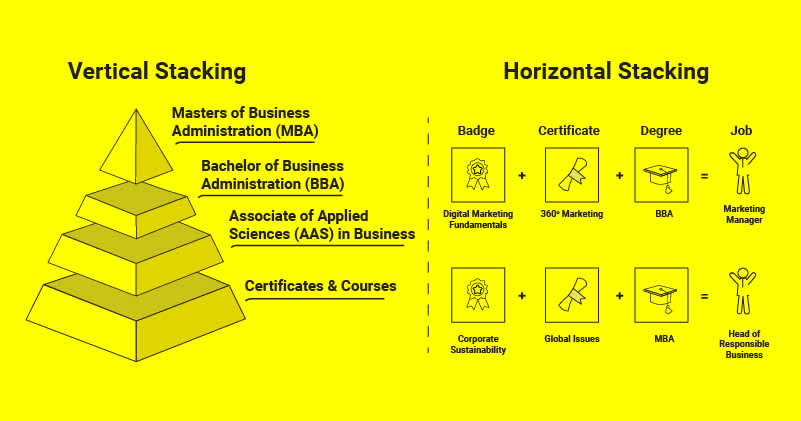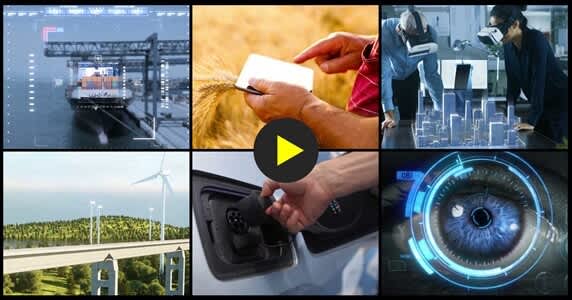
SCM2100 Introduction to Supply Chain Management
3 course credits
Introduction to Supply Chain Management is the first course in the Supply-Chain specialization. Learners examine how, as the world becomes more automated along with an increased use of sophisticated technologies, the traditional supply chain is set to evolve. The digital transformation of the supply chain will have an impact on supply agility as well as on the dimensions of costs, capital and service offerings. The ability to be adaptable, flexible, and integrated with technology are defining concepts for future supply chains. As supply moves forward, digital transformation will impact key supply function including: the physical flow of goods, warehouse automation, and smart logistics planning. Organizations such as Amazon, Wal-Mart, and Alibaba have complex supply chains that incorporate advanced technologies such as AI and robotics. Each of these organizations has revolutionized and re-shaped the approach to both logistics and supply chain management. A supply chain risk management strategy must now include considerations for non-traditional risks such as cyber attacks, biological attacks, and political attacks. In this course learners are provided with an overview of the field of supply chain management including the logistics management functions and the interrelationships among the different organizational functions. Learners examine effective supply chain strategies and logistics functions from a global perspective.






